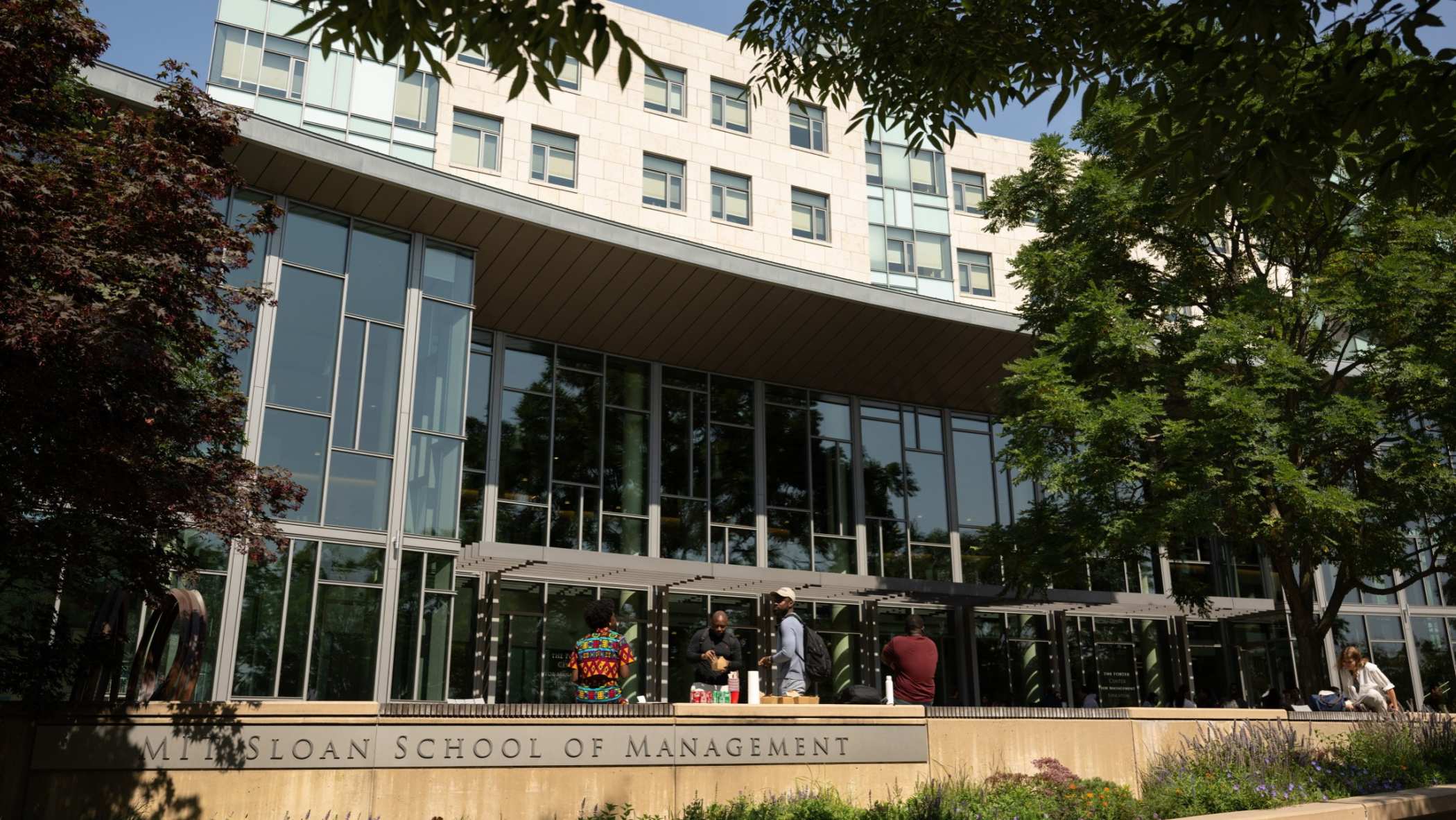The financial job market is undergoing a significant transformation, characterized by a slowdown in mergers and acquisitions and fluctuating opportunities in initial public offerings. This shift presents both challenges and opportunities for finance graduates, prompting many to broaden their career horizons.
Mergers and Acquisitions Slowdown
The current landscape sees mergers and acquisitions activity at a two-decade low. This downturn has had a ripple effect, particularly impacting the job market for finance graduates. With fewer deals to be made, banks are reassessing their hiring strategies. As a result, students and graduates are increasingly looking beyond traditional investment banking roles.
Competition Intensifies in Banking
The slowdown in deal-making has led to intensified competition for positions at top-tier banks. According to Lee Thacker of Silvermine Partners, the number of applications for junior roles has skyrocketed, with over 5,000 applicants vying for limited positions. This surge highlights the challenges graduates face in securing roles in an increasingly competitive environment.
Artificial Intelligence: Friend or Foe?
The rise of artificial intelligence is another factor contributing to the evolving job market. AI offers a cost-effective alternative to traditional analyst teams, prompting some firms to reconsider large-scale graduate hiring. This technological advancement forces graduates to adapt and seek roles that leverage their unique skills beyond routine analytical tasks.
Private Equity Firms Accelerate Recruitment
While some sectors experience a hiring slowdown, private equity firms are ramping up their recruitment efforts. Buyout groups like Apollo, KKR, and TPG are offering positions to undergraduates and recent graduates, often years before they enter the workforce. This proactive strategy intensifies competition with Wall Street banks and encourages candidates to explore diverse career paths.
Geographic Shifts and New Opportunities
In response to the changes in the job market, graduates are increasingly considering roles in global financial hubs outside the UK. At the University of Cambridge’s Judge Business School, a declining percentage of graduates are accepting roles at UK-based firms, reflecting stronger demand in international markets.
Alternative Career Paths
Business schools are adapting to these shifts by expanding their curricula to include advanced coursework in AI, machine learning, and data science. These changes aim to prepare students for specialized roles in quantitative trading and data-driven positions, which now account for a significant portion of job placements among graduates.
The Role of Education
Top Master in Finance programs continue to deliver strong financial returns for graduates. Alumni from prestigious schools like HEC Paris and ESCP Business School report impressive salaries just a few years after graduation. The brand recognition of these institutions remains a critical factor in securing lucrative positions in the finance sector.
In conclusion, the finance job market is becoming increasingly competitive and dynamic. Graduates must adapt to a landscape shaped by technological advancements and shifting global opportunities. By broadening their search and leveraging the education offered by leading business schools, they can navigate this evolving market successfully.
Note: This article is inspired by content from https://www.ft.com/content/14ff3a7f-5822-43b5-abb9-b45d6e490d88. It has been rephrased for originality. Images are credited to the original source.







